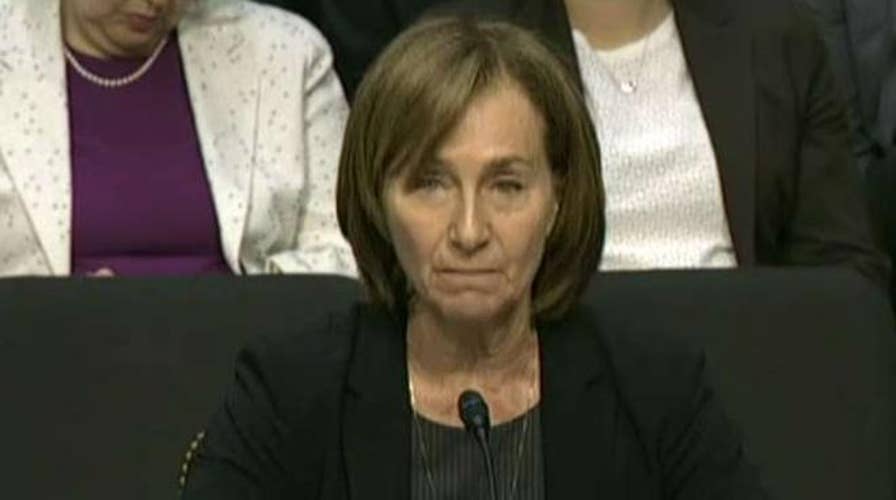Democrat FEC member quitting sets up political fight
Strategy Room: Sarah Badawi and Brian Morgenstern on how President Trump will handle open spot on commission
Political content on the internet, paid or not, should face substantial federal regulation to eliminate undefined "disinformation," and users of platforms and news feeds, from Facebook, to Twitter, to the Drudge Report and even New York Times, could be punished for sharing "fake news" from those sites, the former Democratic chair of the FEC is urging.
In a broad proposal that adds threatening libel suits to regulatory plans already pushed by Democrats on the Federal Election Commission, ex-chair Ann Ravel believes that there is support for expanded regulation in the wake of reports foreign governments spent $100,000 on 2016 political ads on Facebook.
She would include "fake news," not just paid ads, to be regulated, though it's never defined other than the Democrat's description of "disinformation." And anybody who shares or retweets it could face a libel suit.
She would also use regulation to "improve voter competence," according to the new proposal titled Fool Me Once: The Case for Government Regulation of ‘Fake News.' Ravel, who now lectures at Berkeley Law, still has allies on the FEC who support internet regulation. The paper was co-written by Abby K. Wood, an associate professor at the University of Southern California, and Irina Dykhne, a student at USC Gould School of Law.
The proposal immediately came under fire from from the Republican FEC commissioner who for years has been warning of the left's effort to regulate political talk they don't like, especially on conservative newsfeeds like Drudge.





